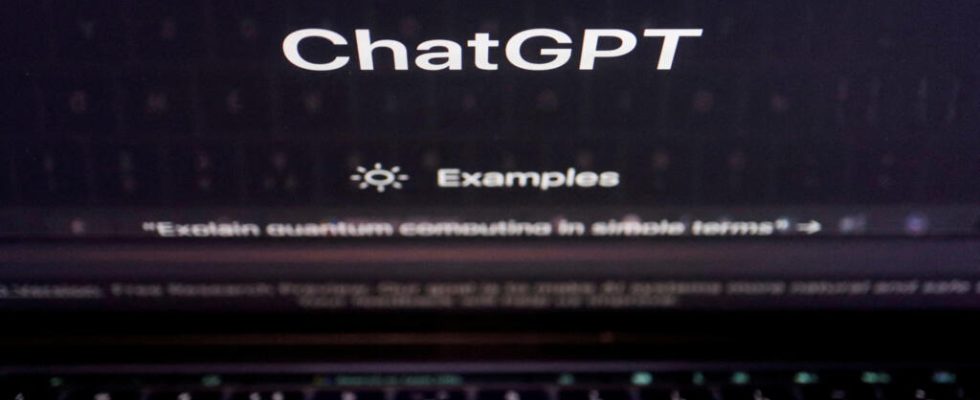Like ChatGPT, generative AI is increasingly seen as a news and media risk.
After Microsoft and Open AI, with their ChatGPT for texts or Dall-E for images, after Google and its Bard, here comes Amazon and its Bedrock, a service comparable to ChatGPT and Dall-E, or Midjourney on Amazon web services. This shows how quickly artificial intelligence will deploy in the production of texts, thanks to its mastery of natural language, but also in photos and videos.
We have already seen with the phenomenon of deepfake, these videos where Barack Obama is made to say words he never uttered, the risks posed to information by hijacked and falsified images. What is happening with the infinite possibilities of hijacking places, individuals, dates offered by so-called generative artificial intelligence? We can then say more than ever, like the philosopher Guy Debord in 1967, that ” the true is a moment of the false “.
► To listen also: ChatGPT, the robot that fascinates and worries
Risk of pseudo-truths built on false information
Photojournalism and reportage risk slipping like fragile reefs in an ocean of texts and images doctored on social networks. Nightmarish vision? No doubt, because we can also hope that the possibilities of transforming information and images will encourage users to be even more suspicious of manipulations of all kinds. Only, for a mind enlightened by the experience of manipulated images, how much will take malicious infox at face value?
ChatGPT-style AI is a threat in several ways. It risks not only organizing access to knowledge itself, like Google, but also building pseudo-truths by delivering false information. It is also because it is capable of “hallucinations”, in other words of inventing information about an individual, that ChatGPT is being sued by five complaints before the CNIL, the data policeman, for non-compliance with European regulations.
► To read also: France: MP Éric Bothorel seizes the Cnil and files a complaint against the ChatGPT robot
AI blurs the benchmarks and the media becomes more than ever a trusted third party. But at the same time, photographers and journalists will be increasingly plundered by AIs that train on their images, on their words, on their understanding of the world. For what remuneration? A European Union AI Act does not seem to make much of copyright in this area. Even advertising agencies have problems to worry about. Amazon already suggests with Bedrock creating an ad campaign by tapping into slogans and images that fit a brand.
